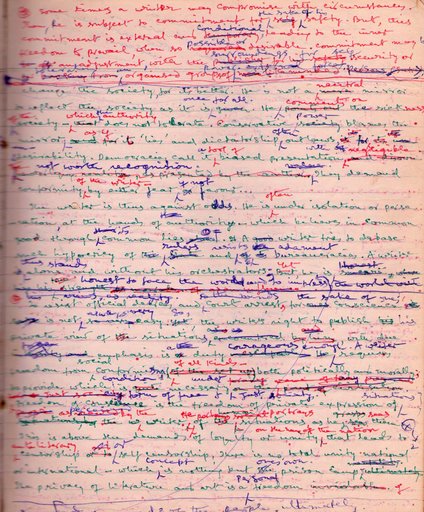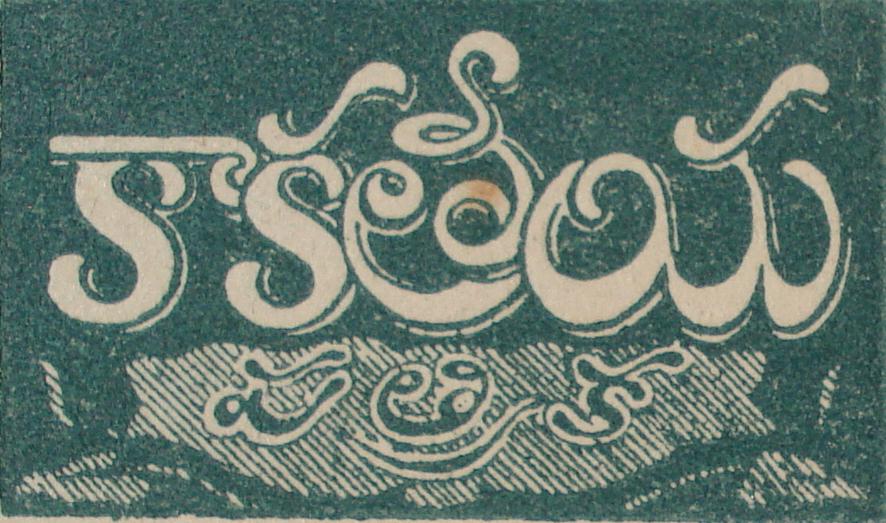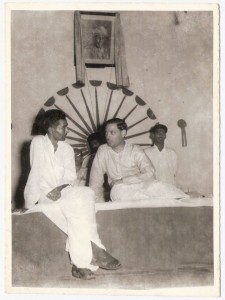Introduction:
The following are some notes written by Sri Pamulaparthi Sadasiva Rao based on the original essay by Per Wästberg. Per Wästberg, Swedish poet, novelist and journalist, was born in 1933. Today President of International PEN, he has been Chief Editor of the Dagens Nyheter daily (1976-82), having worked as literary critic and columnist for the paper since 1953. Co-founder and Vice-President of Swedish Amnesty (1964-72), he has been Secretary of the Swedish Defence and Aid Fund for Southern Africa, which he also co-founded, since 1959. Since 1983 a board member of the Swedish Institute for African Studies. Has published 12 works of fiction and 18 non-fiction, the most recent being a novel, En avldgsenlikhet (‘A Distant Affinity’), 1983. You can buy the original article at the Infoworld.
“Probe beneath the aged information, and pose challenging questions, in search of essential Human truth.” – Wästberg
The Writer and His Integrity by Per Wästberg – Pamulaparthi Sadasiva Rao
There are innumerable hindrances in the way of freedom of expression of a writer. Literature is on a collision course with authoritarians who obstruct the freedom of the people by neglecting or belittling their experiences of life. So, a writer has to uphold the values arising out of private lives of people and make them realize that they are not powerless, in expressing their experiences and facing the life’s problems.
The censor fears the unconventional and divergent view of expression of the writer- in his portrayal of characters and situations and values. The author with his criticism and exposition of something that is taboo in the normal set-up, is feared and treated with mistrust. Art and literature that try to break new ground are not much relished by the censorship that believes in its own autocracy and in the unworthiness of private men and their private views on social justice, claiming their acceptance, in general.
Authorities side-track the verdicts of the artist due to their fanatic notion, that they (authorities) never make mistakes. They uphold their own versions of social planning and interpret history according to the opinions of the powers of the day- that are taken as exclusively legitimate. So, sufferings may not be portrayed by the writer as they go against the wisdom of social planning at the hands of set establishment.
The vocabulary of the establishment with its own way of jargon, due to abstraction and euphemist colors, treats the plain language of the writer as unqualified. Concrete sensual words arising out of every day use, of the people degraded and side-tracked with official versions. Thus, existence is made a cage…
Freedom of expression requires innovative, unfrozen and living language, with vivid boldness that can catch. Literature does not need its freedom, as it has freedom in itself. It should be dynamic like an unruly child, above control and fearless in spite of alarming consequences or restlessness. Work of art should liberate the soul, and lift it to new heights of comprehension.
The metaphor and the image coined by the author often leads to hostile official reaction, due to its diversity and contrast, and as a threat to the law and order as viewed by authority. Published tone is social action in itself, as the inner feeling gets publicized. The writer has no secrecy to hide and so the controllers get perturbed, with nothing left for them to peer through the windows of surveillance and to resort to preventive action.
Writers side the powerless and the weak and expose victim’s action caused through arbitrariness of the authority. They sing no songs in praise of oppressors for their dark tricks. A writer seeks power for his influence on his readership. A writer is aware of the attraction of his power and also of the life in the shadow of power. He is a rival to the politician. He seeks after weight of his words, a force to influence. A writer feels that he is above the set-up intending to change the society, for its better. He is not a neutral mirror to reflect the society as it is, once for all. He comments on the sickness of the society, which the authority does not tolerate. Conservative power blames this mirror, as if it ‘lies’ and dictatorship often outlaws for desirability. Democracies call it a tool of biased presentation –negligible and not worthy of recognition. They demand conformity of the writer by either fear, if not favor….
The writer is thus against all odds. He is often under isolation or persecution at the hands of the rulers which believes in common good through its common lies. Sometimes a writer may compromise with circumstances. Then, he is subject to commitment for the sake of his safety. But this commitment is external and conditional, leading to the inner freedom to prevail, when so possible or desirable. Commitment may be an adjustment with the surroundings for self-security or an organized group of powerful persons conducive to the original vision of the writer, which has to prevail ultimately.
A writer tries to debase such hypocrisy of the rulers and resists adamant bureaucracies. A writer thus stands alone and without his orchestrators. Yet, he is honest to face the world and to impress the minds of the people, ultimately.
To resist official decrees and court arrests for the sake of this conscience is not always very easy. So, the writer’s right to publish his private view of situations with due emphasis is a duty courageous enough. A writer requires freedom from social conformism of all kinds- both politically and morally; to provide which is a condition under necessary for any form of free and just society.
Freedom from conscience is the freedom of private expression as perceived of the situations, by the writer. He portrays the situations as he sees them. This is above the demands of loyalty and unity in the name of the nation that leads to anti-literary censorship or self- censorship. There is no total unity – national or international- which concept is nothing but one’s own prison camp. The privacy of literature and art is a personal freedom of the writer, quite inviolable of expression. National, political and other group versions of views taken as established truths are challenges for literature to take the voice of personal experience and as a hard fact claiming its due recognition.
Literature is not a branch of sociology. It does not aim to abolish tyrannies. Tyrannies will be gone but literatures remain. Literature is considered to be subversive though it may not arouse the people against the authority of oppressors. Literature exists as a record of free expression of longing and hatred of men under given life conditions.
Governments in modern world are never to be fully trusted. Big powers can not claim allegiance to them on the name of patriotism, in the present nuclear bomb age. Governments want to control the people through their security forces, equipped with refined arms of destructive nature, with the version that its control is for the betterment of the people. Some countries behave as if they are under the danger of external siege and demand restrictions on the free expression of the writer. So, it becomes necessary for the writer to probe beneath the surface of biased information, which function goes against the views of the powers that be. So, official propaganda is let loose pressing for frightened or forced conformism by writers, which is barbarity, with a new guise. This restricts the freedom of the writer – as the trouble. [This] should not be allowed to lead to dictatorship – of the mass grave. But regimes have their own inner contradictions and weaknesses. They fear of their own breakdown. They can not crush down the dance of freedom and its possibilities, in the world set-up of this day. A writer may seek asylum and carry on his version, as a matter of right.
All sorts of persons can be elected to power and they often misrule. That is why the ‘term of power’ is to be adhered strictly. They are used to tactics and strategy and propaganda; styles of cooked up thoughts of expression. They rule out plain truths through many pretexts and excuses and divert public notice for the sake of their own privileged order / functioning. They resort to prohibitive orders and curtailment of fundamental rights on the name of stability of the government and its law and order which device is designed for their own convenience. They have seized to be the divine protectors of the helpless masses but they never admit it. Big brother type of governments even resort to heinous crimes against the people of their hostile countries under official secrecy of spy organizations. They resort to measures of grave pressures of intimidation, through the use of modern destructive war weapons against innocent people and yet want to go scot-free. They instigate rebellions and civil wars in other lands, if so felt necessary.




